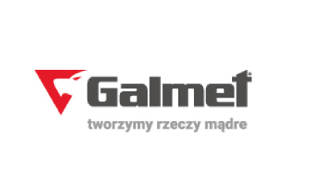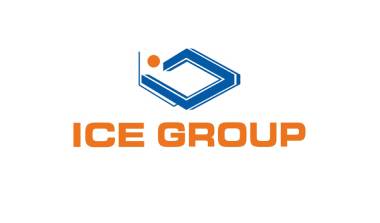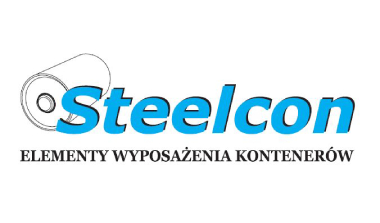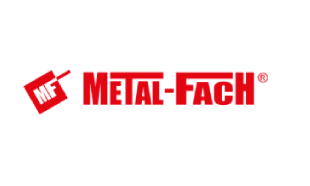PRODUCTION MANAGEMENT IN REAL TIME WITHOUT SCHEDULING, WITHOUT DIRECT SUPERVISORS
- Digital Robot IPOsystem. Autonomous decision system
TIME FOR A BREAKTHROUGH
REAL TIME ALGORITHMS | NO SCHEDULING
Each event in the production area and the production-related area (e.g. work release, partial report on the work performed, end of work, change in the availability of material in the warehouse, change of the order completion date, change of order priority, new order, suspension of the order, information on the machine status, change of employee availability, etc.) regardless of the source of its origin (work terminal, computer, tablet, mobile phone, machine or robot controller), it automatically and in real time triggers the calculations in IPOsystem used in decision algorithms operating at the moments when it is necessary to make a decision about the next work of the resource in the production hall. This is why IPOsystem does not need the scheduling used in traditional APS systems (planning systems).
Resource management requires precise information about each subsequent work performed by resources - order number, number of items, material with a pick-up and storage station, employee, workstation, additional technological information, etc. Scheduling with such high accuracy always requires time, therefore it is impossible using APS systems for optimization and direct resource control in production areas where there is variability in planning parameters. Each APS system in such an environment will cause downtime and micro downtime of employees, which results in a much lower resource productivity compared to control based on real-time decision algorithms implemented in IPOsystem..
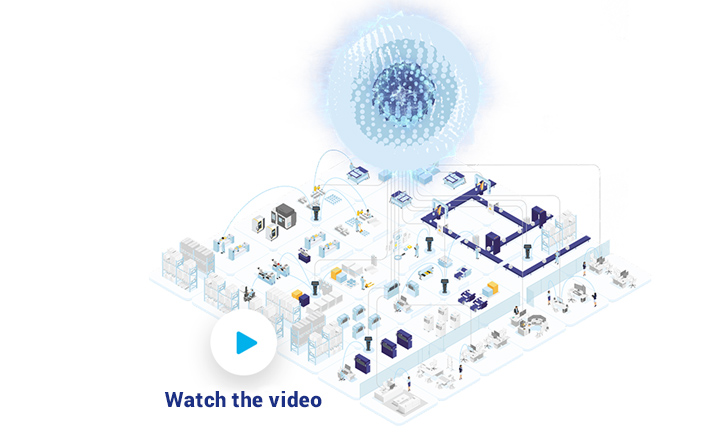
The solution to this problem is the implementation of a digital robot - based on narrow artificial intelligence, autonomous decision-making system that independently, without the participation of planners creating production schedules and direct supervision personel manages the work of employees and machines in production halls. IPOsystem makes optimal decisions regarding the order of implementation and selection of resources for individual technological activities in real time. Each employee, after reporting to the system, is immediately instructed to carry out the optimal technological operation at a given moment.
Employees may use various technologies to interact with the system: terminals, tablets, smartphones, machine controller displays, personal computers and in the near future augmented reality and voice commands. Through them, the IPOsystem communicates autonomously decisions and allows the introduction of additional reports and information. The system also enables the collection and use of data directly from machines and the independent control of machines and robots in processes carried out without human participation
Such system operation is possible only because the calculation of the release of subsequent works is optimized and implemented in real time, without scheduling!
IPOsystem does not replace ERP (MRP) class systems, but integrates and functions with them. IPOsystem complements ERP class systems in the field of active resource planning and production process control. It provides managers with reliable and up-to-date (online) information about resources, production orders, order completion dates, real working time, costs, quality control results, production shortages, failures, etc. Data generated by IPOsystem constitute complete information about production processes in the company, which implemented it.
IPOsystem is a key tool for digitizing production areas. The intelligent decision algorithms used in IPOsystem as well as innovative tools for tracking the current state of resources in production halls make the idea of autonomous, remotely managed factories become a reality.
IPOsystem:
- is implemented in 50 companies in Poland,
- controls work of more than 12 000 employees every day,
- each day generates ca. 45 thousands of operational decisions.




